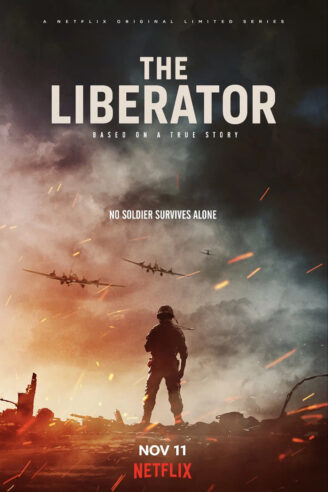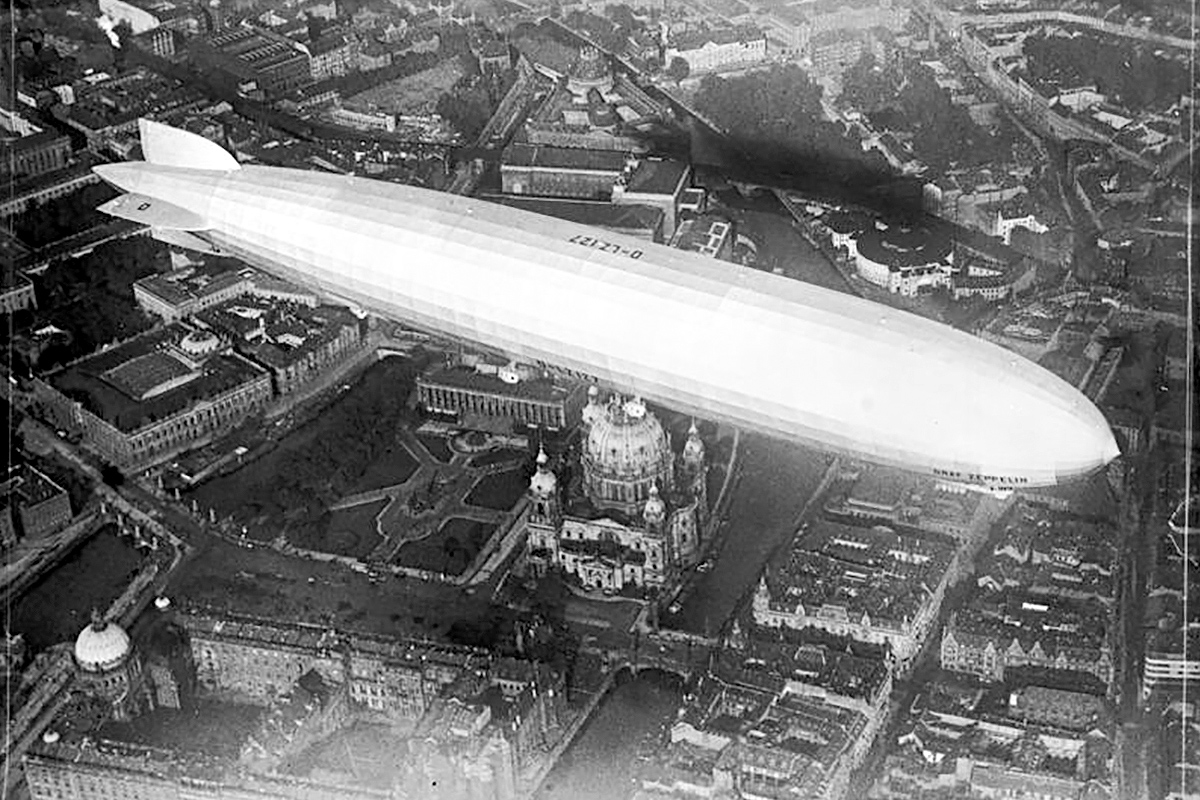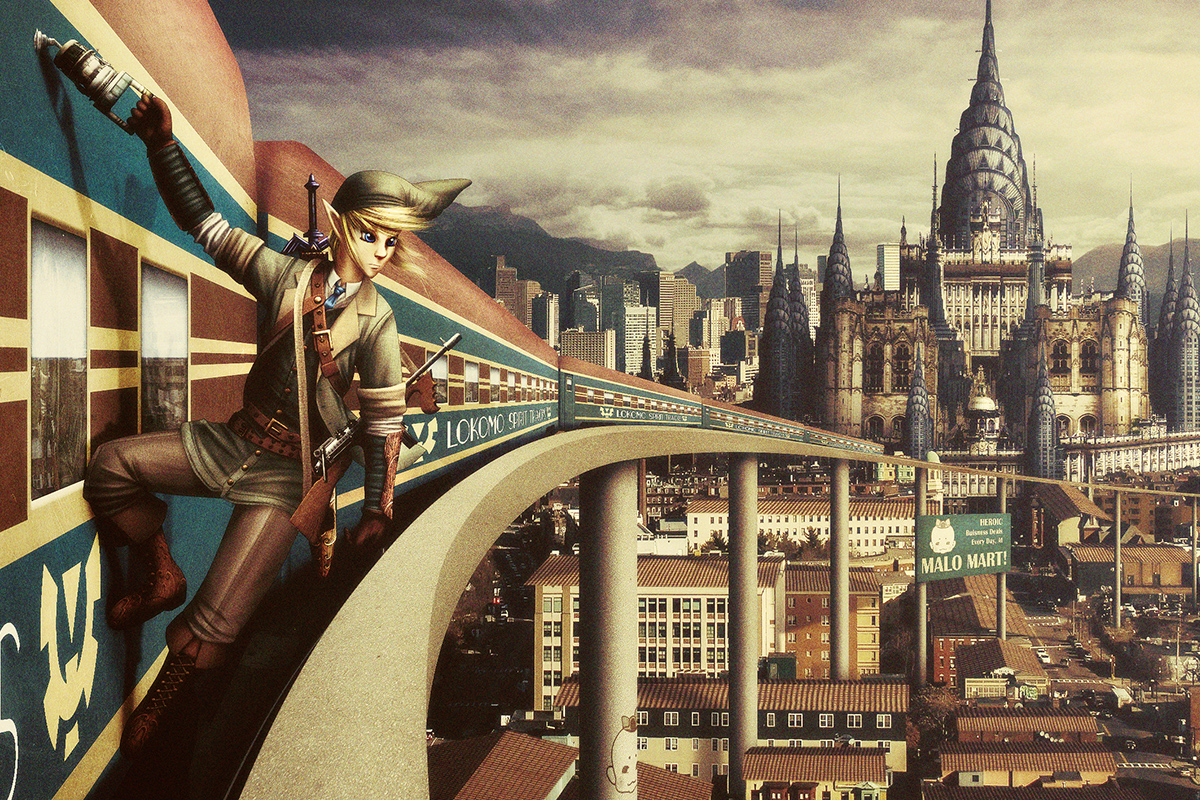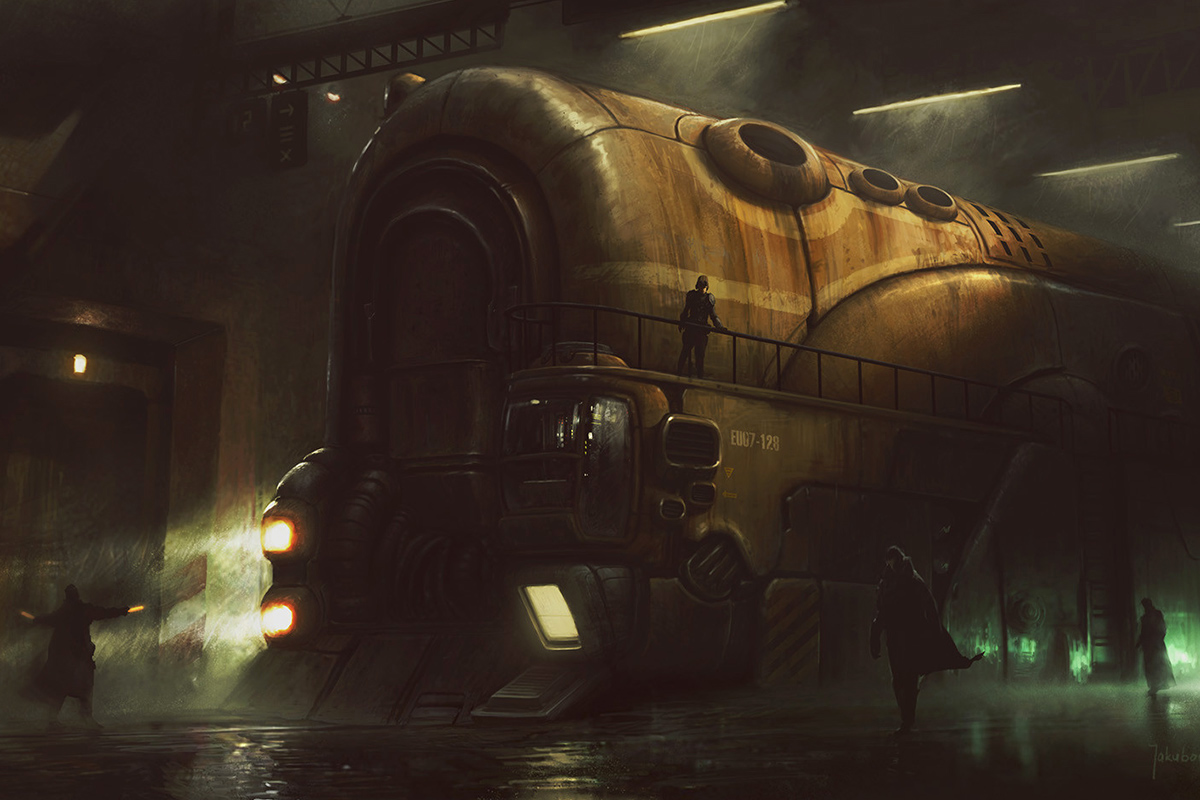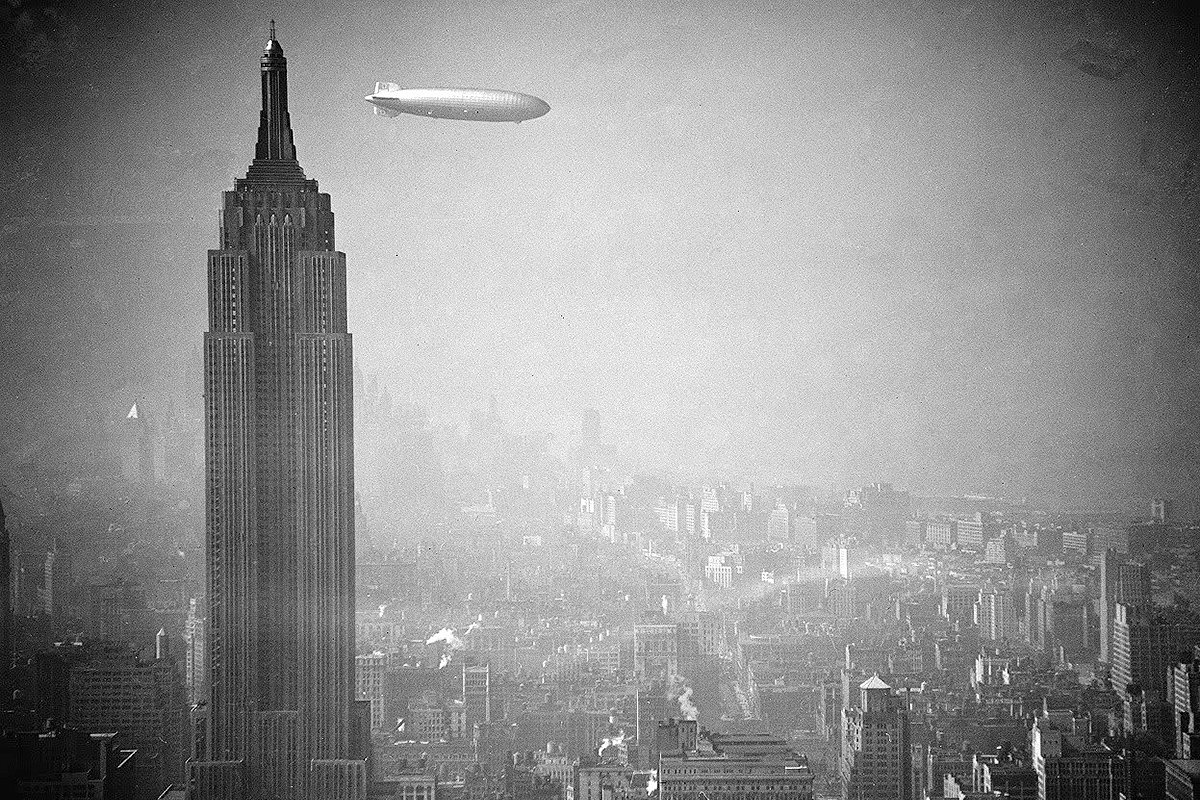It can sometimes feel we’ve run out of ground to cover in terms of World War II fiction. To the untrained yet experienced eye, the likes of Band of Brothers (2001) and Saving Private Ryan (1998) may appear to have told all there is to tell, at least about the American war in Europe. (Other theaters are sadly underutilized. I’d like to see more about Burma and the Philippines, to name just two.)
Books including Anthony Doerr’s All the Light We Cannot See (2014) and Markus Zusak’s The Book Thief (2015) have somewhat shaken up the genre. But there is still room for innovation.
Enter The Liberator, an animated limited series on Netflix concerning Felix Sparks, a man who led a battalion of men from Oklahoma to Italy, France and Germany. In terms of setting, it’s fairly well-trod ground, but in presentation it is quite new.
The most eye-catching thing about the series, and that can be taken quite literally, is the animation. It reminded me of the cutscenes to the 2007 real-time strategy game Company of Heroes, but with full animation and not the rather limited — if used to great effect — technique on display in that game. It is rendered in a deliberately grainy manner, with the distortion that is often seen on footage from the period. There were times when I was tricked into thinking I was watching actual combat footage (distinct from the one time they do use combat footage).
This visual aesthetic lends a certain je ne sais quoi to the whole experience. It was an unconventional decision, but one that paid off in spades.
Plot-wise, The Liberator can be compared in many regards to Band of Brothers. There are boot camp scenes and snowy battle scenes and concentration camp scenes.
They are, however, made very different through the fact that Sparks and his men come from Oklahoma. His men count among their number Mexican Americans and Native Americans, and the show earns my praise for tackling those identity issues in a sensitive manner.
The heart of the show is Felix Sparks, who struggles to figure out his place in the world and in the world war. He is a thoroughly fleshed-out character, and a real person, too. The series is based on a nonfiction book by Alex Kershaw. You feel his pain and his commitment, brought vividly to life by voice actor Bradley James.
The combat here is visceral and spares no expense in showing you how miserable it was to be a fighting man on the Western Front. In particular, I noticed how the series never shows artillery being fired. Rather, it feels like God has opened the sky to rain hellfire on these unfortunate men. When a big gun goes off or an artillery shell slams the ground, the camera shakes, not unlike the spectacular combat scenes in The Legend of Korra (2005-08, our review here). When you finish the series, you may end up feeling just slightly shellshocked yourself.
The Liberator proves that new and innovative things can still be done against a well-trodden background. It brings out the humanity of the war and portrays the often muddied morality of its various players. If you couldn’t get enough of Band of Brothers, I wholeheartedly recommend this series for your consideration.

